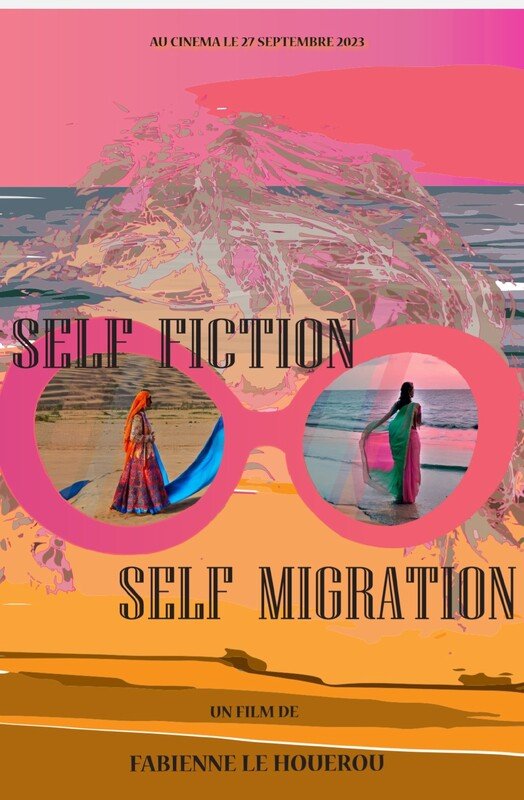Self-Fiction, Self-Migration is a ground-breaking examination of gender, culture, and innovation. The film skilfully combines the grandeur of factual reality with the poetic nuances of fiction, all set against the backdrop of Rajasthan’s regal heritage and colourful wedding culture.At its core is the moving tale of a young man courting an older academic woman in the evocative Thar Desert. This story serves as a prism through which the movie explores intricate gender roles and changing relationship dynamics while also showcasing Rajasthan’s rich cultural heritage. Intimate yet profound, the exchanges celebrate personal agency while questioning social standards.
Through the creative cinematography, Le Houérou’s direction is evident. Artificial intelligence-generated imagery is used in the movie to improve its visual storytelling, creating dreamlike, surreal scenes that contrast the luxury of royal customs with the harsh reality of the desert. The visual aesthetic and realistic portrayals of Rajasthan’s wedding customs and history combine to produce an engaging sensory experience.The film’s dual status as a fiction and documentary is evidence of its experimental nature. While the fictional elements enable creative storytelling, the documentary portions provide a realistic foundation for the plot. This hybrid approach reflects the transforming power of cinema and provides a perceptive note on tradition and modernity.
The film’s cultural significance and inventive use of technology are highlighted in the director’s statement. Its relevance in the conversation around modern cinema is highlighted by its premiere at Paris’s Cinema Saint André des Arts, which was followed by a master class on “Women and Cinema: The Digital Revolution of Small Cameras.”All things considered, Self-Fiction, Self-Migration is an aesthetically spectacular and thought-provoking movie that challenges conventional wisdom. For both moviegoers and cultural aficionados, Fabienne Le Houérou’s unique vision and inventive methods make this a must-see. It is more than just a movie; it is an important turning point in both culture and filmmaking.

